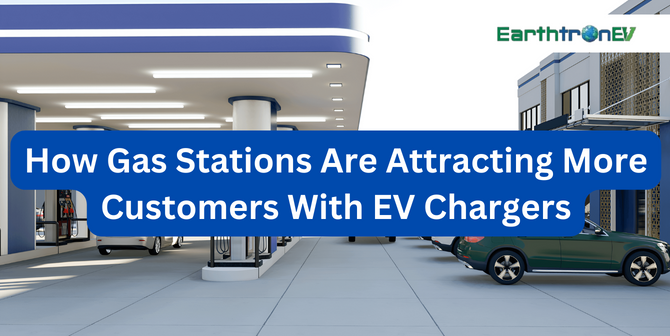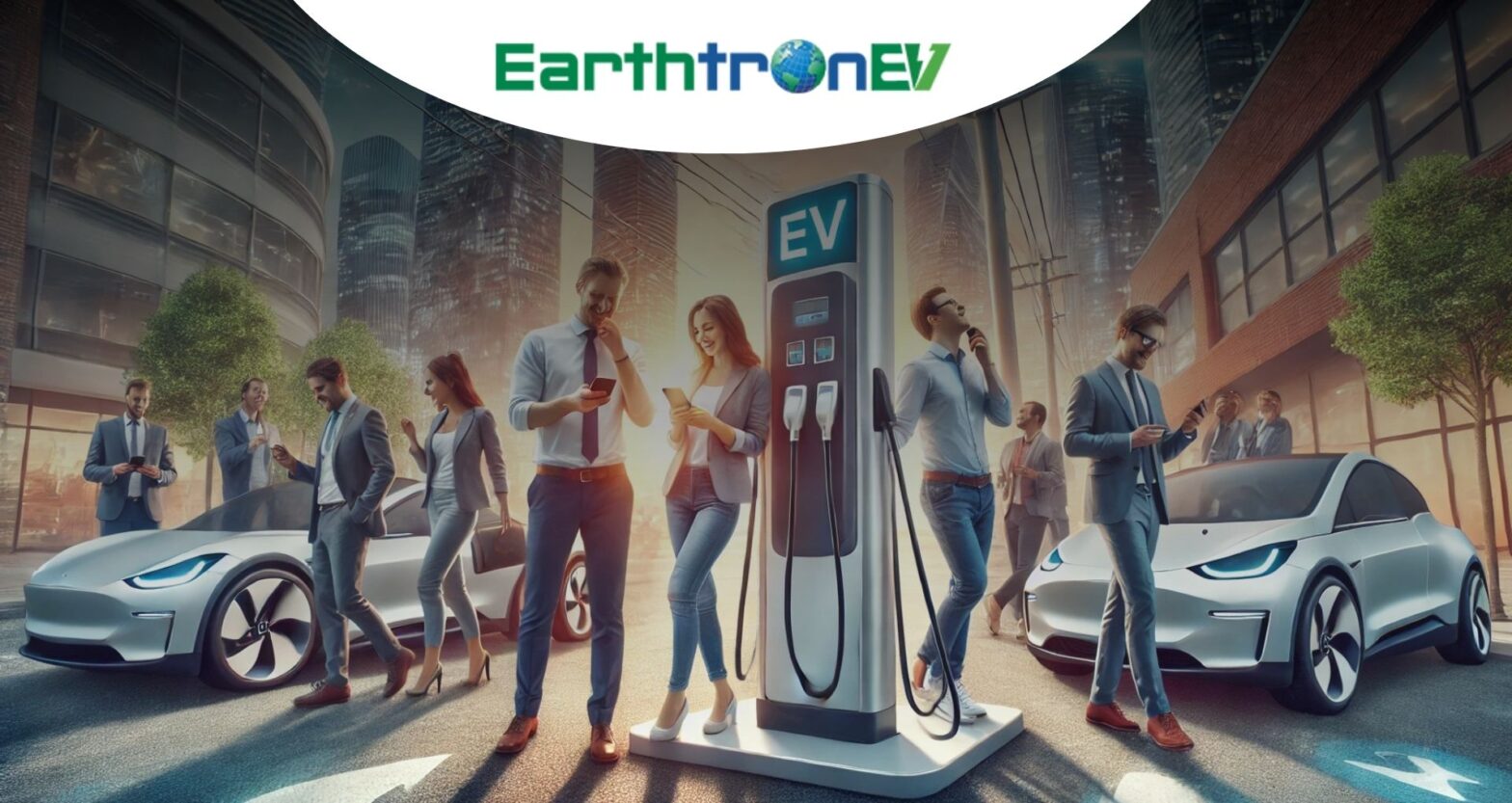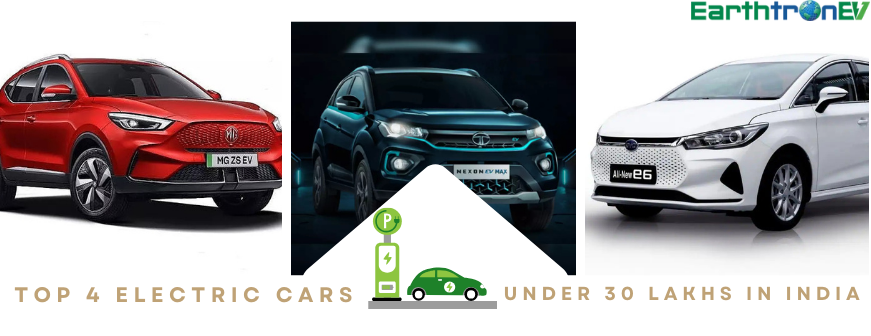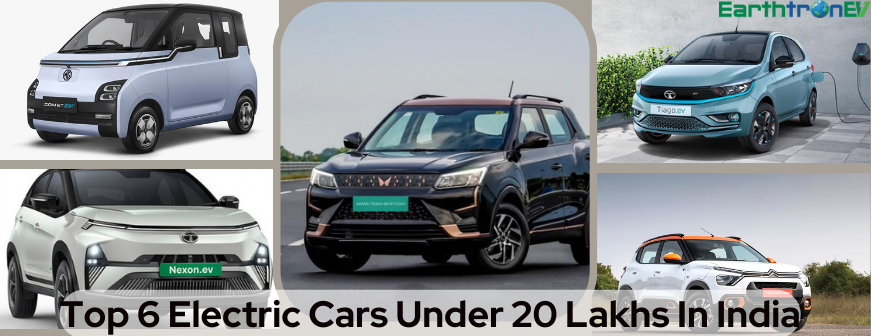Are you ready to charge up your fueling station’s success? In a world where electric vehicles (EVs) are increasingly dominating the roads, gas stations have had to think outside the pump to reignite their customer base. But fear not, because there’s an electrifying solution on the horizon! Join us as we dive into how innovative gas stations are embracing change and attracting more customers by installing EV chargers. Get ready for a shocking journey that will spark new ideas and leave your competition in the dust!
Introduction: What are EV Chargers?
As electric vehicles (EVs) become more popular, gas stations are starting to offer EV charging stations to attract customers. Many people are unsure of what an EV charger is or how it works. This article will provide a basic introduction to EV chargers, including how they work and the benefits they offer.
An EV charger is a device that charges an electric vehicle’s battery. There are two main types of EV chargers: Level 1 and Level 2. Level 1 chargers use 120-volt AC power and can charge an EV in 8-12 hours. Level 2 chargers use 240-volt AC power and can charge an EV in 4-6 hours.
There are many benefits to using an EV charger, including the following:
1. Convenience – With an EV charger, you can charge your car at home or at work, so you’re never far from a charge.
2. Cost savings – Electric vehicles are cheaper to operate than gas cars, so charging your car with electricity can save you money on fuel costs over time.
3. Environmental benefits – Electric vehicles produce zero emissions, so they’re better for the environment than gas cars. Charging your car with renewable energy sources like solar or wind power can further reduce your carbon footprint.
The Growing Popularity of Electric Vehicles
As electric vehicles (EVs) become increasingly popular, gas stations are starting to install EV chargers to attract more customers. This is especially true in areas where there is a lot of competition among gas stations.
Installing EV chargers can be a significant investment, so gas station owners need to be sure that there is enough demand for them. In many cases, they are counting on the fact that EV owners will also need to buy gasoline for their other vehicles, or that they will want to take advantage of the convenience of having a charger at a gas station.
There are a few different types of EV chargers, and each one has its own benefits and drawbacks. The most important thing is to choose a charger that is compatible with the EVs that are most popular in your area.
Some of the benefits of installing EV chargers include
1. Increased customer traffic: As more people switch to EVs, there will be an increased demand for charging stations. This can lead to more customers visiting your gas station, even if they don’t need to buy gasoline.
2. Enhanced customer satisfaction: Many EV owners appreciate being able to charge their vehicle while they are getting gas or running errands. This can make your gas station more convenient and attractive to customers.
3. Improved public image: Gas stations that install EV chargers can improve their public image by appearing to be environmentally friendly and forward-thinking.
Why Gas Stations are Investing in EV Chargers
As the number of electric vehicles (EVs) on the road continues to grow, many gas stations are taking notice and investing in EV charging infrastructure. There are a few reasons for this:
1. To attract more customers: Many EV owners are looking for places to charge their cars while they’re on the go. By installing EV chargers, gas stations can attract more customers and get them to spend more time (and money) at their businesses.
2. To stay competitive: As EVs become more popular, gas stations that don’t have EV chargers will be at a competitive disadvantage. Those that do invest in EV charging infrastructure will be able to better meet the needs of their customers and stay ahead of the competition.
3. To future-proof their businesses: Gasoline engines are becoming less common as EVs gain market share. By investing in EV chargers now, gas stations can future-proof their businesses and ensure that they’re able to serve the needs of all their customers, regardless of what type of vehicle they drive.
Benefits of Adding EV Chargers at Gas Stations
As the number of electric vehicles (EVs) on the road continues to rise, gas stations are starting to feel the heat. In order to stay competitive, many are now adding EV chargers to their facilities. Here are some of the benefits that come with adding EV chargers at gas stations:
1. Increased foot traffic: EVs are still a relatively new technology, so there is a lot of curiosity surrounding them. This can lead to increased foot traffic at gas stations that have EV chargers, as people want to check out the new technology for themselves.
2. Improved customer satisfaction: Customers who own EVs will be happy to see that your gas station is accommodating their needs. This can lead to improved customer satisfaction and loyalty.
3. Enhanced reputation: Gas stations that offer EV charging will be perceived as being forward-thinking and environmentally friendly. This canenhance your reputation in the eyes of both current and potential customers.
4. New revenue stream: Many people are willing to pay for the convenience of being able to charge their EVs while they refuel their gasoline-powered vehicles. This provides a new revenue stream for your business.
5. Competitive advantage: As more and more gas stations add EV chargers, those that were early adopters will have a competitive advantage over those that lag behind. Adding EV chargers now can help you stay ahead of the curve and attract more customers in the future
Different Types of EV Chargers Available
There are three primary types of electric vehicle (EV) chargers available on the market today: Level 1, Level 2, and Direct Current (DC) fast chargers.
- Level 1 EV chargers are the slowest type of charger, and typically deliver about 3-5 miles of range per hour of charging. They can be plugged into a standard 120-volt outlet, and are often included with the purchase of an electric vehicle.
- Level 2 EV chargers are faster than Level 1 chargers, and can deliver about 10-20 miles of range per hour of charging. They require a dedicated 240-volt outlet, and can be installed by a qualified electrician.
- DC fast chargers are the fastest type of EV charger, and can deliver up to 80 miles of range in just 30 minutes of charging. They require a dedicated 480-volt outlet, and must be installed by a qualified electrician.
Challenges to Implementing EV Charging Stations
As the demand for electric vehicles (EVs) grows, so does the need for reliable and convenient EV charging stations. However, there are several challenges that must be overcome in order to implement an effective EV charging infrastructure:
1. Cost: The upfront cost of installing EV chargers can be significant, especially for smaller businesses. In addition, the ongoing costs of maintenance and electricity usage can also add up.
2. Space: Many gas stations have limited space available for new EV chargers. This can make it difficult to accommodate all of the necessary equipment and wiring.
3. Permits: The process of obtaining the necessary permits and approvals from local authorities can be time-consuming and costly.
4. Training: Employees will need to be trained on how to operate and maintain the EV chargers. This can add to the overall cost of implementation.
Despite these challenges, gas stations that are able to successfully install EV chargers will be well-positioned to take advantage of the growing market for EVs.
Conclusion
As electric vehicles become more and more popular, gas stations are recognizing the need to provide charging services to their customers. With EV chargers, they can attract new customers while also providing a valuable service for those who already frequent their location. By offering convenient locations with reliable charging capacity, these businesses are hoping to electrify the competition and stand out in an increasingly crowded field.







